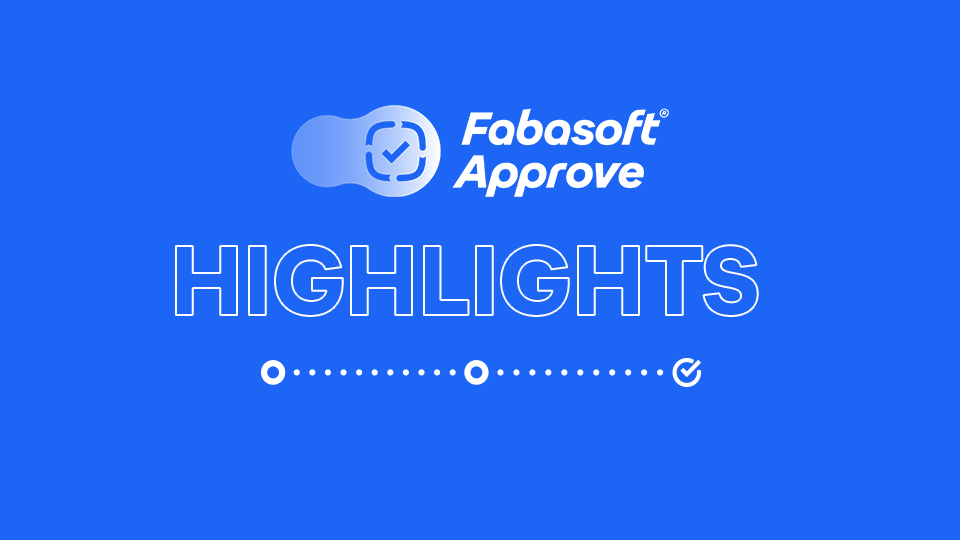Responding quickly to changing regulatory requirements with digitalization.
The EU Parliament has voted in favor of the proposal for the EU Supply Chain Directive, the so-called Corporate Sustainability Due Diligence Directive (CSDDD). Companies with more than 1,000 employees and a global net turnover of more than 450 million euros are affected. For Germany, the new directive means a significant tightening of the previously applicable Supply Chain Due Diligence Act (LkSG). Both laws oblige larger companies to comply with environmental protection and human rights standards across the entire value chain. However, the main tightening of the CSDDD relates to civil liability, among other things. It includes an obligation to pay damages and sanctions for non-compliance, including fines of up to 5% of global net turnover. Management is responsible for compliance with the due diligence obligations. In addition, companies are required to draw up climate plans to ensure that their business model is compatible with the goal of limiting global warming to 1.5 degrees compared to pre-industrial times.
The resulting tasks for companies are now difficult to manage manually. In order to react quickly and easily to changing regulatory requirements, companies need to lay the right foundations now - with the help of digitalization.
Increased demands on contract management
Implementing the requirements calls for three main areas of action: Firstly, the analysis of the company-wide supplier and contract portfolio for risks in the company's own business area and along the supply chain. The second step is to conclude additional agreements with suppliers and service providers in line with the new regulations. Finally, the EU directive stipulates that compliance with the standards must be checked regularly and the results, including measures taken in the event of any anomalies, must be documented in an audit-proof manner. A good overview of all contracts therefore forms the basis for complying with the statutory due diligence obligations.
Creating a single point of truth
Despite this, many companies often still store their agreements in different physical and/or digital repositories. The lack of a "single point of truth" leads to immense effort and potential for errors in administration. In a cloud-based contract management tool such as Fabasoft Contracts, the information and documents are available in digital files. An intelligent authorization concept ensures that only the right people have access to sensitive data, regardless of time and location.
Smart portfolio analysis of contracts
When agreements are uploaded to the system, the artificial intelligence recognizes and classifies metadata such as the contracting party, contract amount or term, thus providing a quick overview of the contract portfolio. In addition, the intelligent semantic full-text search delivers suitable results from the contents of the entire archive as soon as keywords are entered. This feature enables questions about suppliers or defined due diligence obligations to be answered in seconds.
Easy contract design and adaptation
In the subsequent creation of (supplementary) agreements, the focus is on well-organized and comprehensible cooperation between all parties involved. Templates approved by the legal department contribute to efficient generation and improve quality. Important metadata is fed directly into the document templates via ready-made text modules and clause libraries. This simplifies the consideration of all relevant passages in relation to the Supply Chain Act. Once a contract has been generated or adapted in this way, the software starts digital review and approval processes.
More efficiency through automated processes
Partners must agree to new or amended agreements. With a smart tool, it is not only possible to quickly integrate suppliers into the digital supply chain, but also to automatically include the responsible persons in the processes. In addition, the use of a system's own advanced or qualified electronic signature in accordance with the eIDAS Regulation significantly speeds up the process.
Another important component is the integrated deadline management with e-mail reminders and push notifications to ensure that deadlines such as the renewal of certificates are met. As these are mainly annually recurring activities that have to be applied to a large number of suppliers, automation plays an important role here.
Simple reporting at the touch of a button
Smart contract management also makes a valuable contribution to the annual reporting obligation. Individual design options, combined with extensive sorting, filtering and evaluation functions, form the basis for the quick and easy creation of dynamic reports. This makes it possible to visualize individual parameters such as suppliers or agreed measures in various diagrams at the touch of a button.




